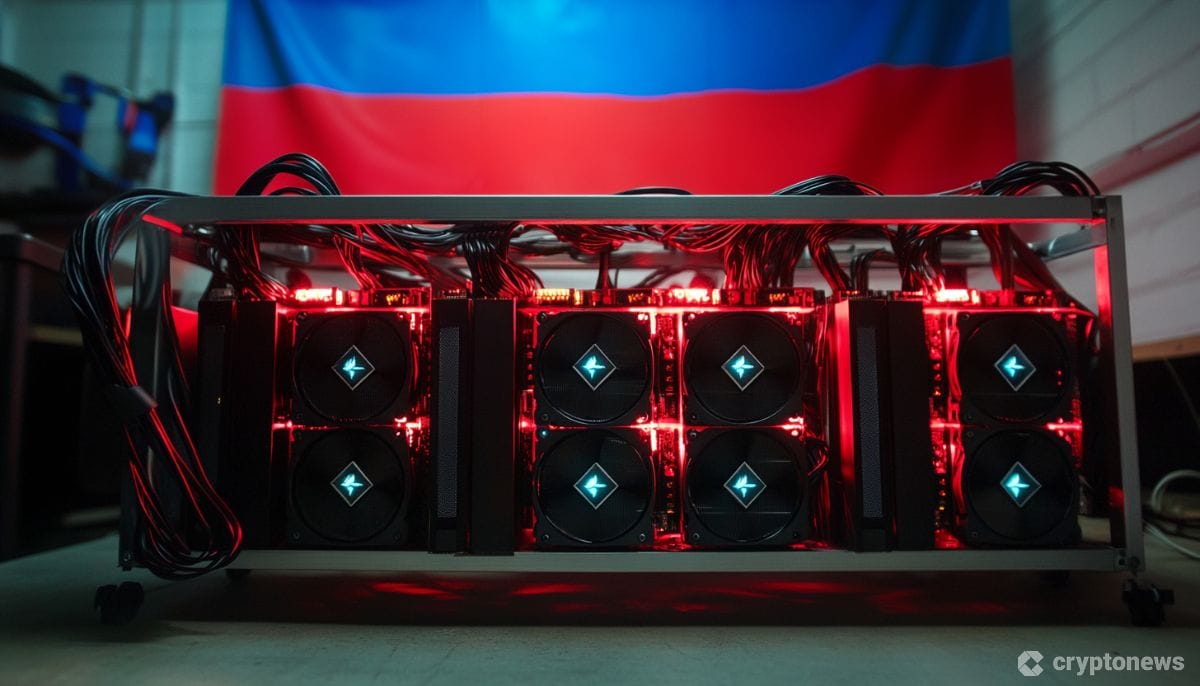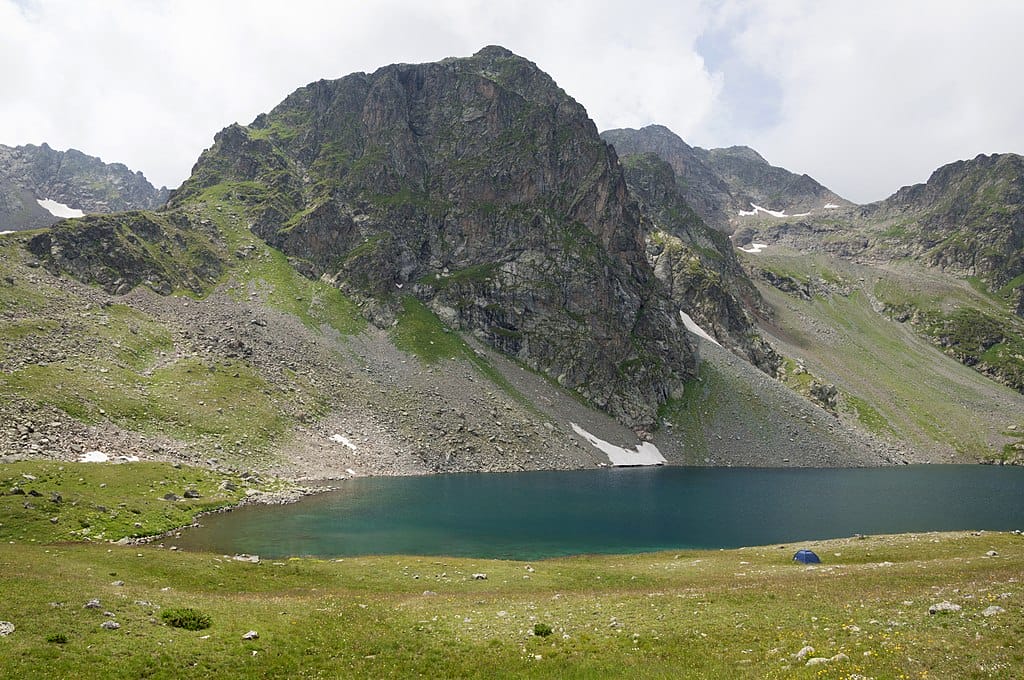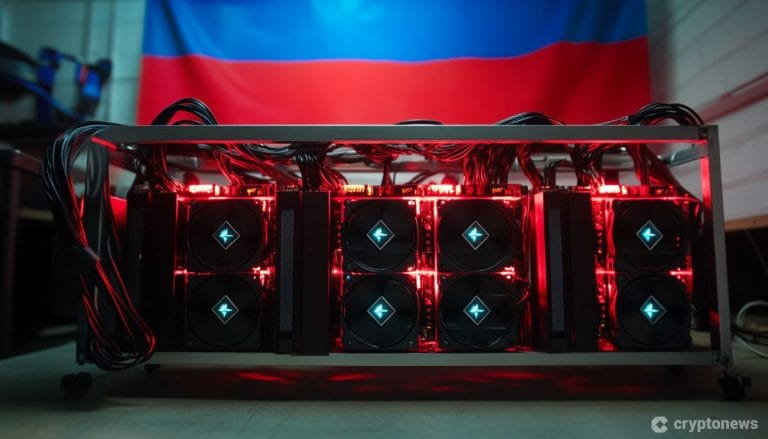Last updated:
 Why Trust Cryptonews
Why Trust Cryptonews

President Vladimir Putin says Russian regions with excess power should mine crypto. But he also warned that miners should steer clear of areas where grids are under strain.
The Russian President made the comments during a meeting with Alexei Nechayev, the Head of the New People party faction, at the Kremlin on November 19.
‘Mine Crypto in Energy-rich Areas’
Per RBC, Nechayev told Putin that crypto mining “should be conducted” in parts of the country that have power “surpluses.”
He added that such areas could “increase the volume of their mining efforts many times over.”
“The goal is not just to have a crypto mining industry that is the third or fourth biggest in the world. We should aim to become the world leader. To do this, we need to increase our volumes approximately fivefold. Again, we need to look very carefully into where to do this. Because we should not be mining in areas that don’t have [surplus] electricity reserves.”
Alexei Nechayev, Head of the State Duma’s New People party faction
Putin, the Kremlin press service claimed, “agreed that crypto mining should be developed,” but said this should “only be done in regions with excess electricity.”
He also noted that “some regions” are “already suffering from power shortages due to mining.”
Regional Mining Bans
Earlier this week, Moscow announced a long-awaited “ban on crypto mining” operations in the fall and winter months “until 2031.”
The energy ministry extended the ban to Zabaikalsky Krai, Buryatia, Karachay-Cherkessia, Ingushetia, Kabardino-Balkaria, and Dagestan.

It also imposed bans on crypto mining in occupied Ukrainian territory, areas Moscow now considers “part of Russia.”
These include the parts of the Zaporizhzhia and Kherson regions it controls, in addition to what it calls the Luhansk and Donetsk “People’s Republics.”
The Russian energy ministry said its “list of regions may expand in the future.”
Treasury Windfall Incoming?
The consequence of expanding the Russian crypto mining industry could be annual “budget revenues” of up to 200 billion rubles [around $2 billion], the lawmaker said.
Nechayev added that the “task of developing the crypto mining industry” should be conducted “with care,” but nonetheless “firmly and steadily.”
Putin has already given his blessing to the crypto mining industry, which became “legal” on November 1 this year.
He also told Nechayev that “one of the key bonuses” of developing the industry “could be the opportunity to build superiority in the field of artificial intelligence.”
Major Russian mining players told the Kremlin earlier this year that they would help Moscow operate state-run AI projects from their data centers.
‘Bans Won’t Work’
Meanwhile, a Russian lawmaker has conceded that attempts to ban crypto mining would inevitably drive it underground.
Per RIAMO, Yuri Stankevich, the Deputy Chairman of the State Duma Committee on Energy, said that miners would not shut down their rigs as long as “mining makes them money.”
Sergey Sasim, the electrical power engineering lead at the National Research University Higher School of Economics added that the government “needs to stop speaking in the language of bans” and instead “start engaging in dialogue with miners.”
Regardless, many parts of the country have launched intensive crackdowns on illegal miners this year, shutting down scores of illegal crypto mining “farms.”
The majority of these “farms,” power providers claim, use illegal connections to local power grids. They mainly focus their efforts on Ethereum (ETH) and Bitcoin (BTC), experts believe.















